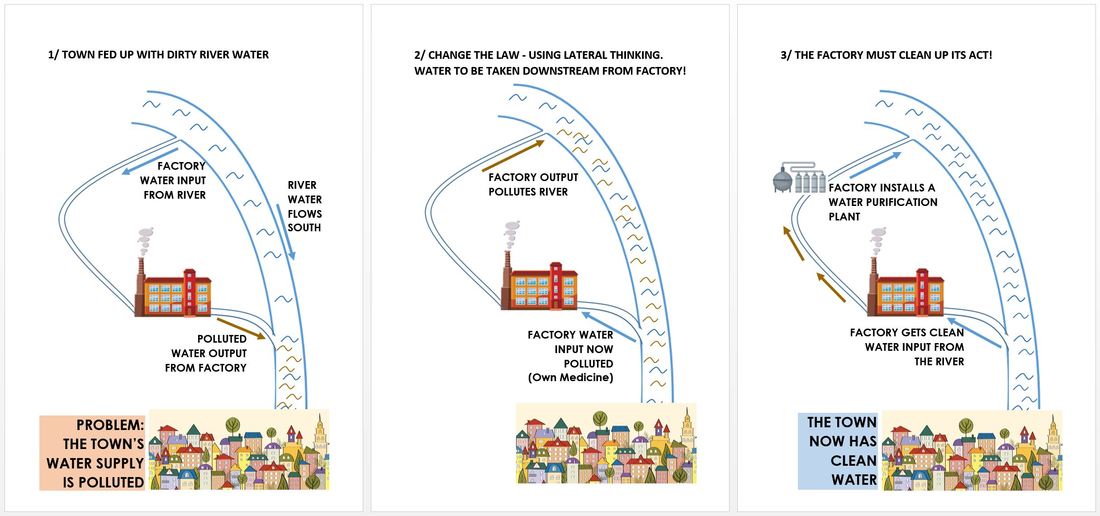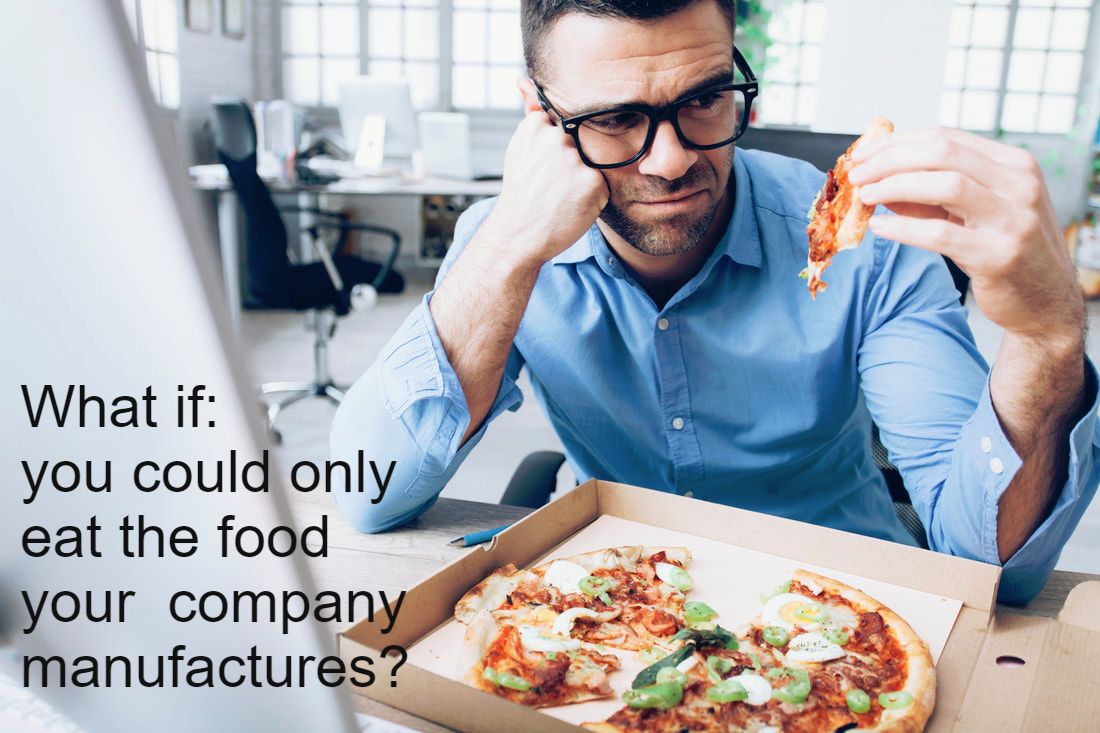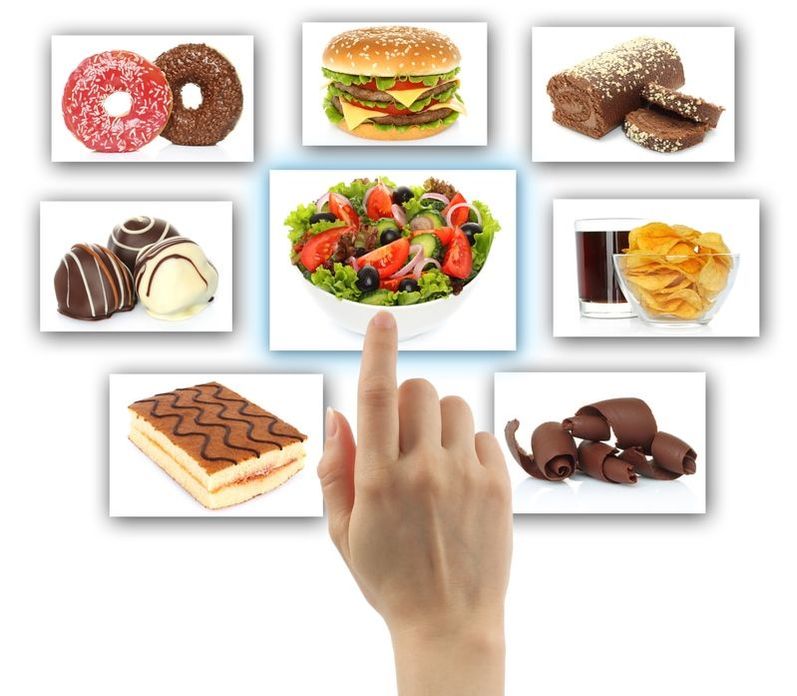|
The great lateral thinking expert, Edward de Bono likes to tell the story of a factory that needs clean water for its industrial processes and as a result, pollutes the river water for town inhabitants living downstream of the factory. Rather than passing draconian laws or getting the factory to co-sponsor water filtration in the river, the clever town council simply mandated that the factory take in its fresh water from somewhere downstream of its own industrial buildings (see below); the factory then became a victim of its own effluence! This decision provided an existential threat to the continued use of the factory and so, not surprisingly, the problem got solved - quickly. As a clever 'lateral thinking' approach it is also one which has been used in the real world. At an individual level, it is the equivalent of giving someone a taste of their own medicine - that being the same treatment that they dish out to others. But... Could a lateral-thinking approach help deal with our increasingly obese world and rising levels of Insulin Resistance? Work commissioned at the start of the UN's Decade of Nutrition(1) (2016-2025) revealed a strong association between 'ultra-processed food and drink' and the spread of chronic disease. A BMJ article(2) from 2016 showed how 'added sugar' also correlates strongly with this ultra-processed category. In total, added sugars represented 1 in 5 of these ultra-processed food calories(21.1%), far higher than the other three categories of processed foods at 2.4%, unprocessed/minimally processed foods, and processed culinary ingredients grouped together at 3.7%. Ultra-processed food(2): formulations of several ingredients which, besides salt, sugar, oils and fats, include food substances not used in culinary preparations, in particular, flavours, colours, sweeteners, emulsifiers and other additives used to imitate sensorial qualities of unprocessed or minimally processed foods and their culinary preparations or to disguise undesirable qualities of the final product. So, is ultra-processed food just guilty by association? After all, we know that correlation does not prove causation. But there again... The UN-anchored hypothesis on the table is that a significant reduction in the amount of processed food consumed would lead to less chronic disease. That is - to put it mildly - not in the interest of large food companies, whether manufacturers, distributors or retailers, because they rely heavily on the higher levels of profit they obtain with these hyper-processed packaged foods. To stop this hypothesis becoming mainstream thought, they are fighting this connection tooth and nail. And yet, the US based research pointed clearly at something most of us would have no problem accepting at an instinctive level. The authors wrote: "This study suggests that decreasing the dietary share of ultra-processed foods is a rational and effective way to improve the nutritional quality of US diets." Does 'BigFood' really want what's best for us?
The 'About Us' website listings certainly make it sound as if they only want the best for us. Nestlé wants to contribute to 'a healthier future', Kraft Heinz aims for 'great taste and nutrition' while just this month, PepsiCo announced the "first eight nutrition, health and wellness brands joining its collaborative incubator programme in Europe". They all claim to be interested in our good health and in creating a better world... and yet I somehow doubt it. Pretty much all of the packaged food, drink and fast-food they produce falls within the ultra-processed category. So these representatives of #bigfood are major contributors to arguably the biggest health problem currently facing civilisation - the huge rise in number of those suffering from non-communicable chronic diseases, such as type-2 diabetes, obesity and Alzheimer's. That's what now provides our starting point for revisiting the successful type of approach used by that father of lateral thinking, Edward de Bono. Here goes: Our revised starting point: Instead of repeatedly over-analyzing macro and/or micro ingredients and playing around with formulations and percentages, we should simply accept the UN recommendations that the whole category of Ultra Processed Produce (UPPs) is deeply problematic. In the bigger scheme of things, reducing the sugar content of breakfast cereal by 10 per cent won't be of much help; nor will 20 or 30 per cent for that matter, particularly when it's often replaced by synthetic alternatives such as Aspartame. The biggest change to our eating habits over the last 50 years, as the world becomes progressively more Westernized, is that people rely more and more on processed, packaged goods. That is the real problem we face. Because this is not clearly accepted or understood, it has not been sufficiently communicated that there is also a price to pay for such convenience; an environmental cost and a personal health cost for these 'faster', less perishable foods. In the US, UPPs already represent on average 60% of the annual calorific intake - for many individuals, it's a much higher percentage - and the rest of the world is quickly playing catch up(3). The Idea = The Solution: I am sure managers at Food & Beverage companies do from time to time eat their own food or drink their own drinks. But what would happen if, in order to step up and become a senior manager, they needed to make one simple commitment: ...to sign up for food and drink exclusively sourced from their own product portfolio. Why not? After all, company PR statements always emphasize the nutritious and positive qualities of their goods, often together with some expression of deep concern for humanity. We'd have to enforce it properly of course. If you were caught out, you'd have to leave your well-paid job:), but there again, what would be so wrong with that? Perhaps as a result, one of these #BigFood CEO's would then feel obliged to state clearly that the major part of your diet should come from real food and home cooking - to be supplemented occasionally by their branded foods and drinks. In itself, that would represent just a small step, but one that would already be a very big deal; because nutritional guidelines such as the Eatwell Plate do not state anywhere that you should eat ultra-processed foods only occasionally. Yet the evidence indicates that you should. It is my considered opinion (and supported by the UN documentation) that the most important nutrition message of all is totally missing from today's guidelines. Encouraging people to go low-fat or eat 5-a-day, even if it were a good message, is not the same as telling people that they are self-harming on too much ultra-processed food and drink. You're thinking that this would be too limiting for these poor food execs, aren't you? Well consider this; As a senior manager at PepsiCo, you could start the day with Aunt Jemima pancake syrup on your Quaker Oats and a glass of Tropicana OJ, snack on Lays, Walkers or Cheetos during the day, drink Gatorade, 7UP or Pepsi if you're thirsty, then dip Doritos in your Sabra hummus before dining out at Pizza Hut or KFC with whom PepsiCo has lifetime contracts. What could be so wrong with that? After all: at http://www.balanceus.org/en/, Pepsi together with Coke and Dr Pepper have "come together to support your family’s efforts to balance what you eat, drink and do". But balance might have to be interpreted and expressed rather differently when faced with eating exclusively from your own ultra-processed product portfolio. You'd be receiving a strong taste of your own medicine. What do you think? Sources:
(1) http://www.who.int/nutrition/decade-of-action/en/ (2) http://bmjopen.bmj.com/content/6/3/e009892 (3) http://www.health.com/mind-body/6-ultra-processed-foods-to-throw-out-right-now Source for all three named companies: Website 'about us' information.
0 Comments
It does not help that the phrase ‘junk food’ is often used interchangeably with ‘fast food’. Maybe that’s why politicians make reference to junk food in their fiery speeches yet never in their policy decisions. Head-nodding junk food rhetoric can fire up the emotions, but there are a lot of votes at stake if you trouble the fast-food industry - a major employee category, particularly in urban areas. In this opinion piece - Yes, a Big Read - I set out to clarify what junk food really is; why it is important that we officially define it, and why the resulting labeling should be made clearly visible on packages, in restaurants and at the point of sale. I am not trying to get junk food banned, just labeled appropriately. Then when people decide to eat that piece of cake, slice of pizza or snack-bar, they will know and better understand the role it plays in their overall diet - and what it's doing to their body. Such labeling would bring our attention back to the importance of less processed foods, to real food ingredients, to home-cooking and provide a better platform for the re-introduction of basic cooking lessons into a school’s curriculum …until such a time as their parents re-discover what their parents don’t seem to have passed on; cooking skills and the importance of family meals.
A singular feature of NOVA is its identification of ultra-processed food and drink products. These are not modified foods, but formulations mostly of cheap industrial sources of dietary energy and nutrients plus additives, using a series of processes (hence 'ultra-processed'). All together, they are energy-dense, high in unhealthy types of fat, refined starches, free sugars and salt, and poor sources of protein, dietary fibre and micronutrients. Ultra-processed products are made to be hyper-palatable and attractive, with long shelf-life, and able to be consumed anywhere, any time. Their formulation, presentation and marketing often promote overconsumption. The UN Decade of Nutrition at https://www.ncbi.nlm.nih.gov/pubmed/28322183
|
Sammy Pepys"FAT IS OUR FRIEND" ADVOCATES A DIET: Sammy Pepys was the pseudonym used by James Capon when writing this book. He is not a doctor or a nutritionist but has studied nutrition and holds an MPH from Edinburgh University. Over the years, he has become increasingly suspicious of today's conventional wisdom about diet and health. When it comes to what we eat, he has helped many learn to eat more healthily.
Archives
May 2020
CategoriesArchive
|
|||||||||||||||||||||||||||||||||
| 1_blog_march_2014.docx | |
| File Size: | 546 kb |
| File Type: | docx |
| 2_blog_april_2014.docx | |
| File Size: | 245 kb |
| File Type: | docx |
| 3_blog_may_2014.docx | |
| File Size: | 642 kb |
| File Type: | docx |
| 4_blog_june_2014.docx | |
| File Size: | 426 kb |
| File Type: | docx |





 RSS Feed
RSS Feed